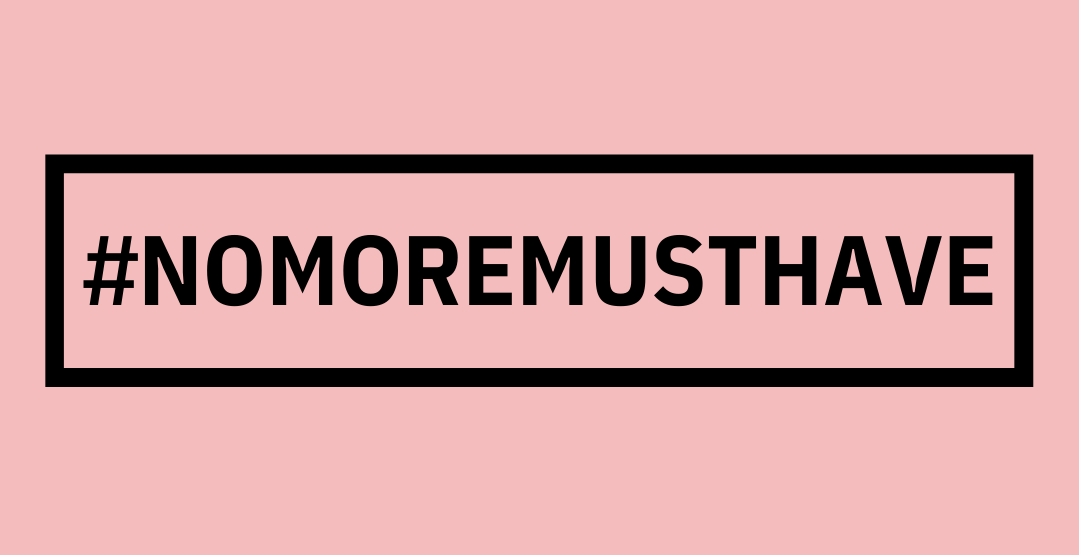
Fashion /
The impact of the COVID-19 crisis on the fashion industry has forced those in it to consider exactly what the ‘new normal’ looks like. As Gucci’s creative director Alessandro Michele writes in his intimate personal diary from Rome, “we have to think about what we would not want to be the same.” Following a series of Zoom calls with like minded peers, Dries Van Noten has also suggested ways to rewire the broken system. In his open letter, which addresses sales seasons, discounting and reducing travel, he points out that current circumstances, though devastating and challenging, present an opportunity for welcome change.
Inspired by both, I got to thinking about the changes that I would like to see, and play a part in, as a fashion journalist — after all, everyone can take accountability and action according to their roles. As I thought about consumerism and the language used globally by style magazines, it struck me that the way we’re thinking about consumption is unquestionably changing, especially when you consider the term “slow fashion” has generated 90 million social impressions over the past year. But what about the way we talk about in the mainstream media?
This open letter proposes that all global fashion magazines and digital publications ban the term “must-have” from new headlines and articles.
Why? Well, there’s no denying that the message is clear from sustainable fashion pioneers and experts: buy less, buy better. Other activists, like those behind the nonprofit organisation Remake, are challenging us to stop buying any new clothes at all for 90 days. However, when visiting your favourite style websites or opening your inbox, it’s likely that you’ll spot headlines and stories about this season’s “must-have” colour, “must-have” sandal or “must-have” trends.
I love an editorial article about prairie dresses as much as the next person, but it’s time for us to stop positioning new clothes as essential purchases based on passing trends, discounts or fast fashion price points. The pandemic has forced a lot of people to realise how much stuff they already own, or left them reconsidering purchases following unexpected salary cuts or job losses. For many right now, the only cotton “must-have” is a protective face mask, not a new dress — and even then there are plenty of ways to make one of those using what you already have at home.
To be clear, this letter is far from a takedown of magazines or writers. It’s great that leading platforms are taking sustainable fashion stories seriously, commissioning more and more articles that respond to a growing thirst for knowledge about innovators. What’s even better is that these articles are no longer littered with clichés about hippies or the mention of hessian potato sacks. However, despite the pressure for endless content to be created, for the pieces to perform well and for the affiliate links to be clicked, it’s important to remember that a headline about eco fashion trailblazers is somewhat diminished when it’s placed next to ‘The top 10 must-haves from the Zara sale’.
I recognise that simply asking for the term “must-have” to be banned may seem small compared to the far more urgent and pressing issues like brands cancelling orders or not paying up. But, we know that small changes in routine – like upcycling something rather than sending it to landfill – can make a difference. As The State Of Fashion 2020 Coronavirus Update points out, the pandemic “will bring values around sustainability into sharp focus, intensifying discussions and further polarising views around materialism, over-consumption and irresponsible business practices.” Fellow journalists, now’s the time to reflect that with our headlines.